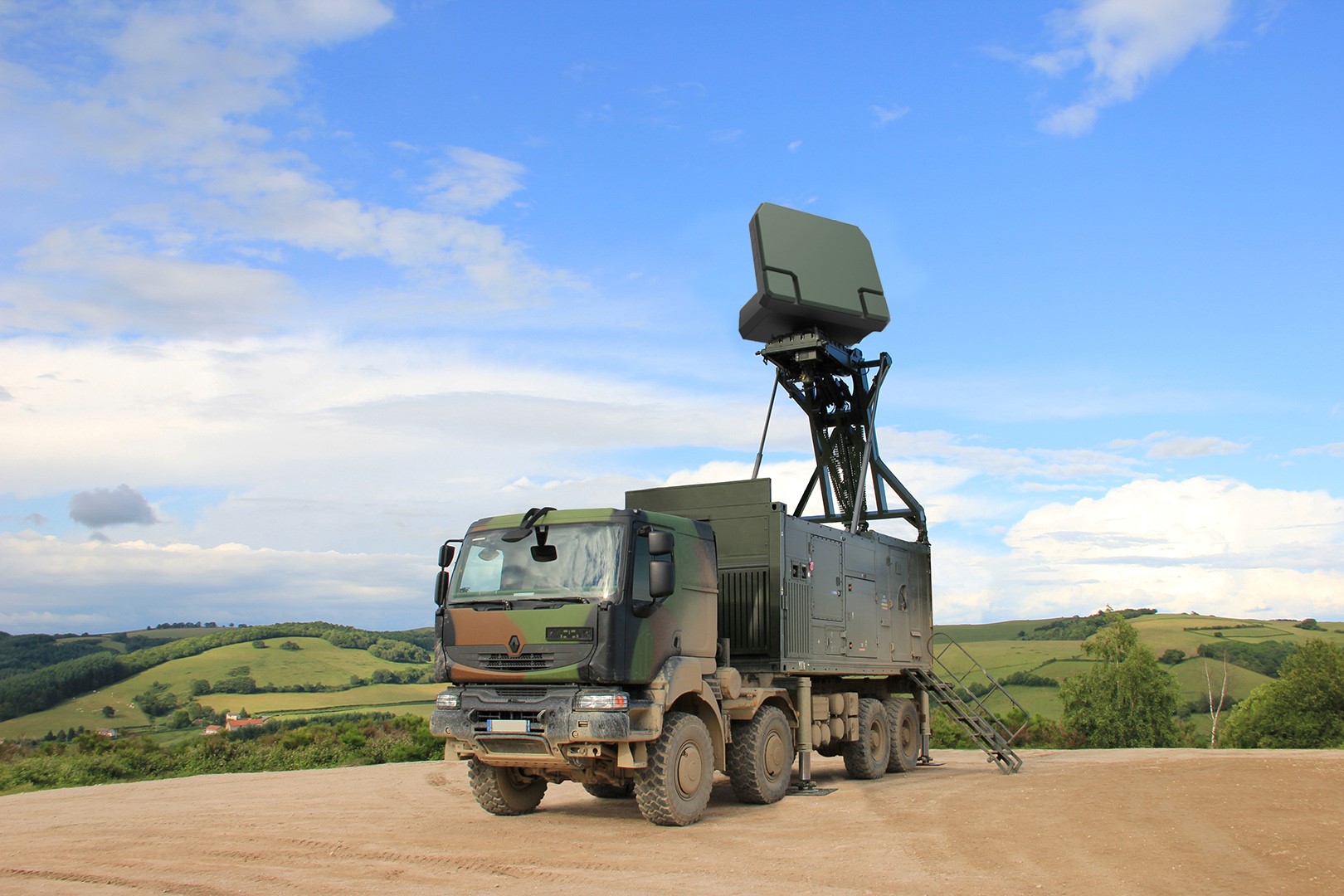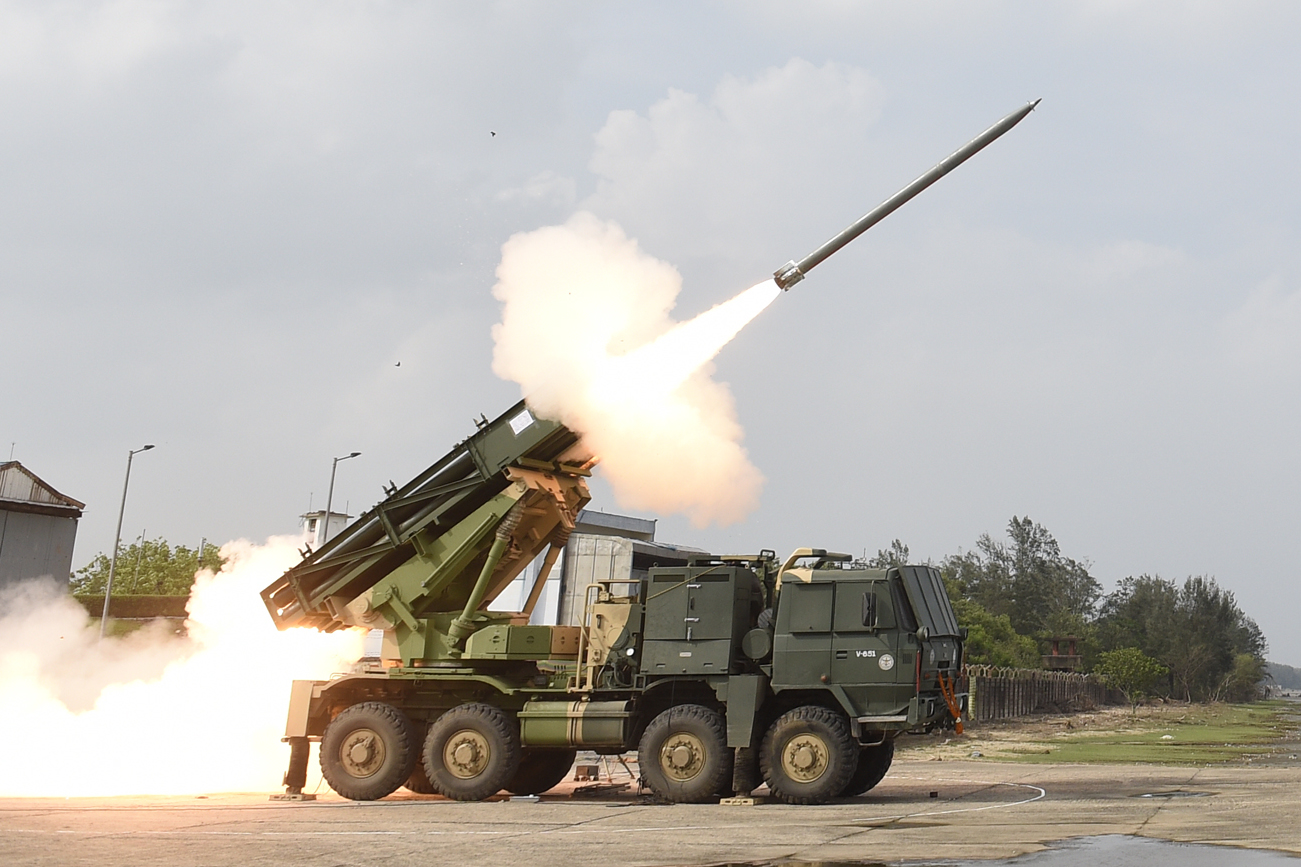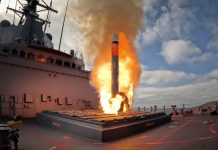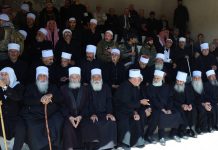The French have stepped in to take the position that Russia once held in Armenia. With its recent delivery of military equipment, France has strengthened its ties with Armenia – a move that comes on the back of a “large-scale conflict” that went in Azerbaijan’s favor.
The French Defense Minister, Sébastien Lecornu, traveled to Yerevan on February 22 in light of reports that Armenia is finally set to take delivery of the military equipment that was promised by France last year.
In October 2023, a deal was reportedly signed by the Armenian Defense Ministry and the French defense group Thales for the purchase of three cutting-edge GM-200 radar systems. The ceremony was attended by Lecornu and his Armenian counterpart Suren Papikian.
At that time, Sebastien Lecornu announced that France had decided to assist Armenia in strengthening its air defense capabilities by selling three radars and reaching an agreement to supply Mistral anti-air missiles in the future.
A “letter of intent” on the prospective transfer of French short-range surface-to-air missiles to Armenia was signed by the two ministers in October.
Later, it was revealed that France would also arm Armenia with 50 armored personnel carriers to bolster its ground forces. The carriers would provide Armenian armed forces with high-level protection and multi-mission capabilities.
By December, the first 24 Bastion carriers ostensibly headed for Armenia were seen in the port of Poti, Georgia. Neither side has confirmed the Bastion delivery so far.

According to reports in local French media, the three GM-200 radars and French night-vision equipment pledged by the French Macron administration were scheduled to be shipped to Armenia on February 22. The Armenian Ministry of Defense (MoD) has refused to comment on these reports.
The delivery of GM200 radars would be significant as they can simultaneously identify and track warplanes, drones, and even rockets within a 250-kilometer radius, making them a valuable tool for air defense troops.
With the lingering threat of Azerbaijan’s deadly drone attacks, the deployment of these radars would bolster Yerevan’s defense. France, incidentally, sent Ukraine two of these systems a year ago, where they have proved their combat efficacy.
Lecornu emphasized on February 21 that French arms deliveries to Armenia were “purely defensive while making an obvious allusion to the possibility of an attack by Azerbaijanis on Armenia when he told the French channel RTL that the nation was facing “major security challenges.”

Lecornu and Papikian are expected to meet on February 23. The head of the defense and security committee of the Armenian parliament, Andranik Kocharian, did not rule out the possibility that other agreements between France and Armenia would be inked as a consequence of their discussions. Kocharian told RFE/RL’s Armenian Service, “Armenia seeks to acquire weapons of very high quality from multiple sources.”
Though the decision to diversify defense imports was triggered by Russia’s failure to provide the country with ordered weapons worth around US $400 million, it is now also influenced by Armenia’s obvious decoupling from Russia and the Russian-led Central Security Treaty Organization (CTSO) security bloc.
France Rushes to Fill The Russian
Armenia has reportedly withdrawn from the Russia-led Collective Security Treaty Organization (CSTO), Armenian Prime Minister Nikol Pashinyan told France 24 in an interview.
“In our opinion, the agreement on collective security about Armenia was not implemented, especially in 2021-2022, and this cannot go unnoticed. We are freezing our participation in this agreement. Let’s see what happens next,” he said.
Armenia has charged Moscow and the CSTO with breach of duty on several occasions. Armen Grigoryan, the secretary of the Armenian Security Council, stated in January that the republic “has no expectations” from the Collective Security Treaty Organization because it did not receive sufficient support in September 2022, the period of “large-scale conflict.”
The prime minister of Armenia, Nikol Pashinyan, declined to attend the CSTO meeting on November 23 in Minsk.
The six states that make up the CSTO are Tajikistan, Kyrgyzstan, Russia, Belarus, and Kazakhstan. Regarding Armenia’s potential membership in the Collective Security Treaty Organization, Presidential Press Secretary Dmitry Peskov stated that Moscow would communicate with its friends in Armenia as well as CSTO.
Over the past year, Armenia has nearly doubled its defense acquisitions. The amount spent has increased to $1.5 billion from roughly $700 million to $800 million in 2022.
France and Armenia have traditionally shared strong diplomatic ties, as the former is home to a large Armenian diaspora. France has backed Armenia politically thus far. However, there has been a shift in its policy as Yerevan seeks to diversify its imports, and Paris is looking to expand its military exports to partners.

Armenia has also inked several defense contracts worth at least $400 million with India since September 2022. A deal was made between Armenia and India to purchase PINAKA multi-barrel rocket launchers (MBRL), anti-tank munitions, and ammunition worth US $250 million.
As previously reported by EurAsian Times, Armenia also contracted to buy India-developed Zen Anti-Drone System (ZADS), which is a Counter Unmanned Aerial System (CUAS).
The acquisition of these sophisticated arms from France and India comes on the back of a protracted conflict with Azerbaijan. France’s show of support and pledge of arms sale was preceded by Azerbaijan declaring victory after a swiftly executed military offensive in Nagorno-Karabakh, the main bone of contention and a “frozen conflict” between the two bitter rivals.
Armenia’s main source of weaponry and ammunition has historically been Russia. But Yerevan has been showing interest in looking for new armament suppliers as the relationship with Russia deteriorates and it becomes more involved in the protracted conflict with Ukraine. France is effectively filling the void left by Russia.
In the latest battle between Azerbaijan and Armenia, the two Caucasian neighbors, which broke out on September 19, Azerbaijan declared victory over the breakaway province of Nagorno-Karabakh a day after going on the offensive. Although peace negotiations between Azerbaijan and Armenia are being discussed, the latter is not ready to let its guard down yet.
- Contact the author at sakshi.tiwari9555 (at) gmail.com
- Follow EurAsian Times on Google News




